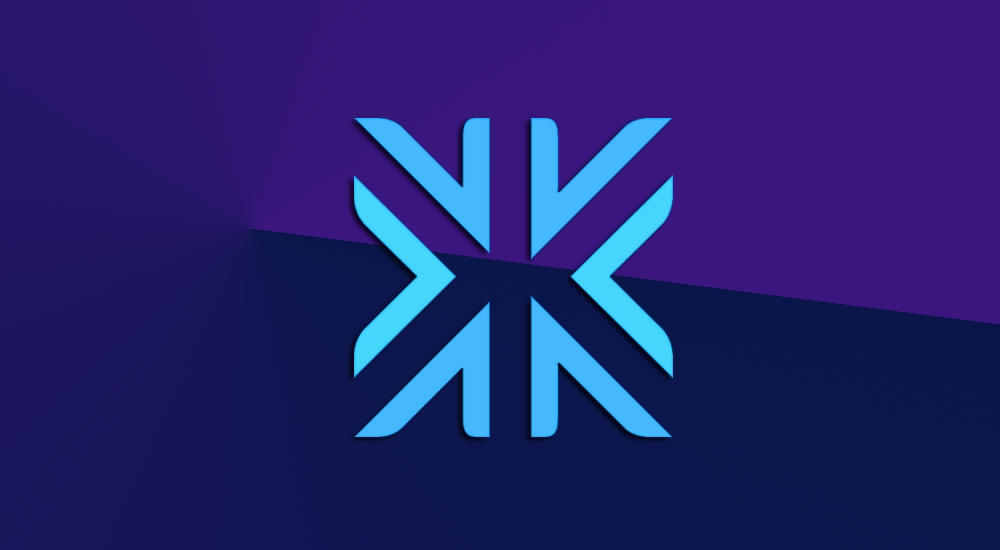Crypto Wallet Exodus Sees Significant Revenue Growth
15.08.2024 11:30 1 min. read Alexander Stefanov
Exodus, the cryptocurrency wallet service, saw a notable surge in revenue for Q2 2024, reporting an 80% increase year-over-year to $22.3 million.
However, the company also experienced a significant financial setback with a net loss of $9.6 million, reversing the $1.9 million profit from the same period last year.
Adjusted EBITDA rose 43% to $5.8 million, up from $4.1 million in Q2 2023. The bulk of Exodus’ revenue, 89%, came from its exchange aggregation service, which saw nearly 94% growth, reaching $19.9 million. This service enables users to trade cryptocurrencies directly within the wallet using APIs to secure competitive rates.
Other revenue sources, such as fiat transactions, staking, and consulting, contributed a smaller share of total earnings.
Exodus also reported operational growth, with its user base expanding to 1.5 million and transaction volumes through its platform increasing by 78% to $1.05 billion. Key traded assets included Bitcoin, Tether, and Ethereum.
CFO James Gernetzke highlighted the impressive revenue and operational improvements, emphasizing confidence in their B2B strategy and market momentum.
Exodus, a self-custodial wallet launched in 2016, continues to be a leading player in the crypto wallet space, ranking seventh in downloads with 133,000 monthly installs as of July 2024.
-
1
Polygon Breaks from Decentralization as Sandeep Nailwal Assumes Full Control
11.06.2025 20:00 2 min. read -
2
KuCoin Plants Its Flag in Bangkok With a Licensed Thai Exchange
14.06.2025 13:00 1 min. read -
3
Nvidia CEO Urges UK to Invest in AI Infrastructure or Risk Falling Behind
10.06.2025 9:00 1 min. read -
4
Why Gold Could Be the Smart Play Amidst US Debt Surge
11.06.2025 11:00 1 min. read -
5
Warren Buffett Narrows His Bets as He Prepares to Step Down
14.06.2025 16:00 2 min. read
What Brian Armstrong’s New Stats Reveal About Institutional Crypto Growth
Coinbase CEO Brian Armstrong has spotlighted a significant acceleration in institutional crypto adoption, driven largely by the surging popularity of exchange-traded funds and increased use of Coinbase Prime among major corporations.
What Will Happen With the Stock Market if Trump Reshapes the Fed?
Jefferies chief market strategist David Zervos believes an upcoming power shift at the Federal Reserve could benefit U.S. equity markets.
U.S. Bank Advises Clients to Drop These Cryptocurrencies
Anchorage Digital, a federally chartered crypto custody bank, is urging its institutional clients to move away from major stablecoins like USDC, Agora USD (AUSD), and Usual USD (USD0), recommending instead a shift to the Global Dollar (USDG) — a stablecoin issued by Paxos and backed by a consortium that includes Anchorage itself.
Vitalik Buterin Warns Digital ID Projects Could End Pseudonymity
Ethereum co-founder Vitalik Buterin has voiced concerns over the rise of zero-knowledge (ZK) digital identity projects, specifically warning that systems like World — formerly Worldcoin and backed by OpenAI’s Sam Altman — could undermine pseudonymity in the digital world.
-
1
Polygon Breaks from Decentralization as Sandeep Nailwal Assumes Full Control
11.06.2025 20:00 2 min. read -
2
KuCoin Plants Its Flag in Bangkok With a Licensed Thai Exchange
14.06.2025 13:00 1 min. read -
3
Nvidia CEO Urges UK to Invest in AI Infrastructure or Risk Falling Behind
10.06.2025 9:00 1 min. read -
4
Why Gold Could Be the Smart Play Amidst US Debt Surge
11.06.2025 11:00 1 min. read -
5
Warren Buffett Narrows His Bets as He Prepares to Step Down
14.06.2025 16:00 2 min. read


